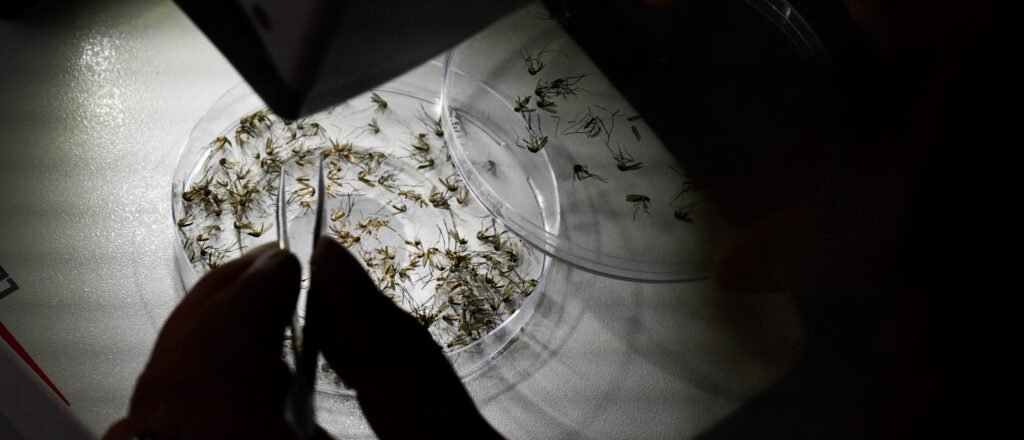The World Health Organization (WHO) on Friday issued a warning about an outbreak of the Oropouche virus (OROV) spreading across the Americas.
By mid-July, two deaths and 8,078 cases had been confirmed from the chironomid-borne virus across the Americas, including in Bolivia, Brazil, Peru, Colombia and Cuba. According to The outbreak has been reported to the WHO. Some of these areas have never experienced OROV infections before, while others may have been infected with vertical transmission. Fetal deaths and miscarriages have also been attributed to the outbreak, and the WHO has warned that it poses a significant risk to the population at the local level.
The virus is described as “emerging and poorly characterized” and may be spreading beyond its historical range due to expanding deforestation and urbanization.
Ancient Roman skeletons reveal secret of malaria's introduction into Europe https://t.co/RKOu22avze pic.twitter.com/7ilVuX8m87
— Nevada RLC (@NevadaRLC) March 14, 2024
Alarm bells swept across Europe in early August regarding the spread of OROV, with 19 imported cases reported across the continent. (Related article: Genetically modified mosquitoes released to fight deadly disease)
OROV is a virus similar to the Zika and dengue viruses that is thought to cause stillbirth, spontaneous abortion, microcephaly and other fetal deaths, according to the WHO. As dengue outbreaks continue, cases may be under-reported across the Americas.
Symptoms include fever, headache, joint pain, chills, nausea, and vomiting that last for up to seven days. In approximately 60% of cases, symptoms return after the fever subsides. In extreme cases, OROV can cause aseptic meningitis. At the time of writing, there is no antiviral treatment or vaccine.







